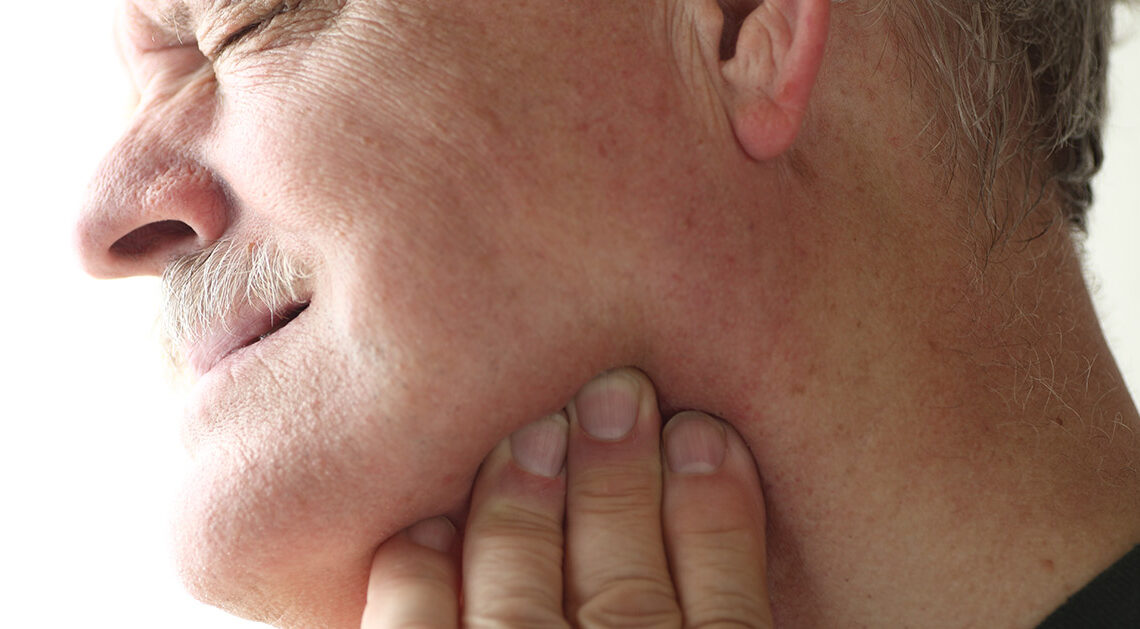Yes, you read it right!
Whether you know it or not, your posture does have a direct effect on your jaw alignment. The wrong posture can significantly affect temporomandibular joint (TMJ) health.
Read on to learn about the effects of your posture on TMJ.
Call Our Office Today at (480) 539-7979
How posture affects your TMJ health
Understanding the effects of posture is easier when you understand what posture is.
Posture is your body’s alignment while standing, sitting, or lying down. And poor posture affects TMJ dysfunction by straining the jaw joint and surrounding muscles and ligaments.
Besides, slouching and hunching forward only leads to an imbalance in the head, neck, and shoulder alignment. This can affect the jaw’s position and movements.
Four tips for proper posture for optimal TMJ health
1. Maintain proper head position
Work at keeping your head aligned with your spine at all times, which includes avoiding tilting too many forwards or backward. The best way to achieve this is by imagining and sticking to a straight line extending from your earlobe to your shoulder, hip, and ankle.
1. Proper shoulder position
Your shoulders should always be in a relaxed position. Rolling them back and downwards, away from your ears helps relax them.
a) Provide adequate back support
Your back deserves and should always have adequate support. So keep your spine aligned straight, and avoid slumping or leaning forward as much as possible.
b) Ergonomically designed workplace
Working in an ergonomically designed workspace helps ensure good posture, which is good for optimal TMJ. Your workspace ergonomics depends on the position of your desk, computer, monitor, chair, and keyboard.
c) Proper stance
Whenever you stand, ensure you distribute your weight evenly on both feet. While knees should be slightly bent, avoid locking them, or tilting your pelvis forwards or backward.
d) Proper sleep
Even the mattress and pillow you use affect your TMJ health. It’s because they both play an essential part in maintaining the proper alignment of your head, neck, and spine when you sleep. It’s always better to use a supportive pillow and mattress to achieve this.
2. Jaw exercises and stretching
Incorporating gentle jaw exercises and stretching will help in promoting your jaw mobility. It also helps in relaxing the jaw muscles and works at reaching its proper alignment. However, it’s better to consult a healthcare professional or physical therapist if you are in extreme pain. They will advise on specific exercises to perform as per your needs.
3. Mindfulness helps
Practicing mindfulness, like developing body awareness to check your posture throughout the day helps. Being aware enough to correct poor posture, like slouching and bending forward, helps alleviate the strain on TMJ.
4. Seek professional guidance
It is always better to consult a dentist specializing in TMJ disorders if you experience chronic jaw pain. They are the best people to assess your posture and recommend customized advice and treatment if necessary.
In short, all you have to do to reduce unnecessary strain on the TMJ is to maintain proper posture. It helps alleviate any TMJ-related pain and discomfort while promoting overall jaw health.


